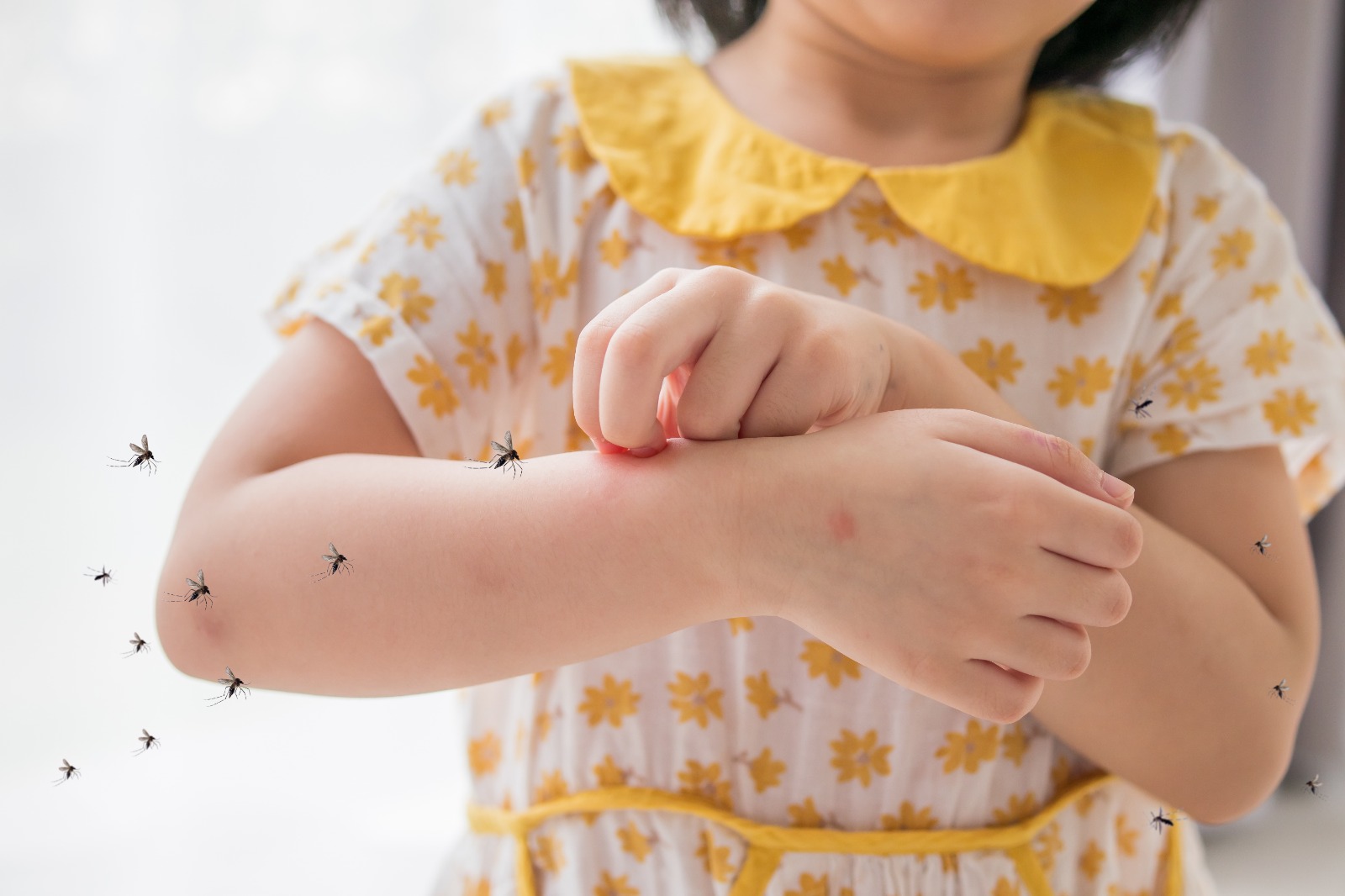What Ayurvedic medical treatments can help for treating malaria?
Indianvaidyas 07 Dec 2024

Malaria is one of the most common yet serious ailments, especially during the monsoon season. With herbal remedies, dietary adjustments and lifestyle modifications, Ayurveda a holistic approach to treating malaria by addressing the underlying imbalances in the body.
Herbal Remedies: Ayurveda employs various medicinal herbs like giloy, amla, neem, tulsi and papaya leaves etc that are known for their therapeutic and immune-enhancing effects properties.
Diet Modification: According to Ayurveda principles, following a balanced diet is crucial during any illness recovery process. Emphasize easily digestible foods such as soups made with cumin seeds or coriander leaves to provide nourishment without burdening digestion further.
Ayurvedic Formulations: Traditional Ayurvedic formulation like Dabur Jai Mangal Ras is considered highly effective against recurring fevers, including malaria. The main ingredient in Dabur Jai Mangal Ras is Swarna Bhasma, which is derived from purified gold through a meticulous process according to ancient Ayurvedic texts. Gold has been revered for centuries for its various medicinal properties, including boosting immunity, improving strength and vitality, enhancing cognitive functions, and promoting longevity.
Additionally, this powerful formulation incorporates other precious ingredients like Rajat Bhasma, Vang Bhasma, Shuddh Gandhak, Tamra Bhasma etc along with several herbs known for their therapeutic benefits. These combined ingredients work synergistically to strengthen the immune system while also aiding in rejuvenation at a cellular level.
It is crucial to consult a healthcare professional before starting any treatment plan for malaria. They can assess your individual condition and recommend personalized remedies tailored to your specific needs. Remember that these Ayurvedic treatments are meant to be used alongside conventional medical interventions as complementary therapies rather than standalone solutions.
What Ayurvedic medical treatments can help for treating malaria?
Indianvaidyas 19 Sep 2023

Malaria is one of the most common yet serious ailments, especially during the monsoon season. With herbal remedies, dietary adjustments and lifestyle modifications, Ayurveda a holistic approach to treating malaria by addressing the underlying imbalances in the body.
Herbal Remedies: Ayurveda employs various medicinal herbs like giloy, amla, neem, tulsi and papaya leaves etc that are known for their therapeutic and immune-enhancing effects properties.
Diet Modification: According to Ayurveda principles, following a balanced diet is crucial during any illness recovery process. Emphasize easily digestible foods such as soups made with cumin seeds or coriander leaves to provide nourishment without burdening digestion further.
Ayurvedic Formulations: Traditional Ayurvedic formulation like Dabur Jai Mangal Ras is considered highly effective against recurring fevers, including malaria. The main ingredient in Dabur Jai Mangal Ras is Swarna Bhasma, which is derived from purified gold through a meticulous process according to ancient Ayurvedic texts. Gold has been revered for centuries for its various medicinal properties, including boosting immunity, improving strength and vitality, enhancing cognitive functions, and promoting longevity.
Additionally, this powerful formulation incorporates other precious ingredients like Rajat Bhasma, Vang Bhasma, Shuddh Gandhak, Tamra Bhasma etc along with several herbs known for their therapeutic benefits. These combined ingredients work synergistically to strengthen the immune system while also aiding in rejuvenation at a cellular level.
It is crucial to consult a qualified Ayurvedic physician before starting any treatment plan for malaria. They can assess your individual condition and recommend personalized remedies tailored to your specific needs. Remember that these Ayurvedic treatments are meant to be used alongside conventional medical interventions as complementary therapies rather than standalone solutions.